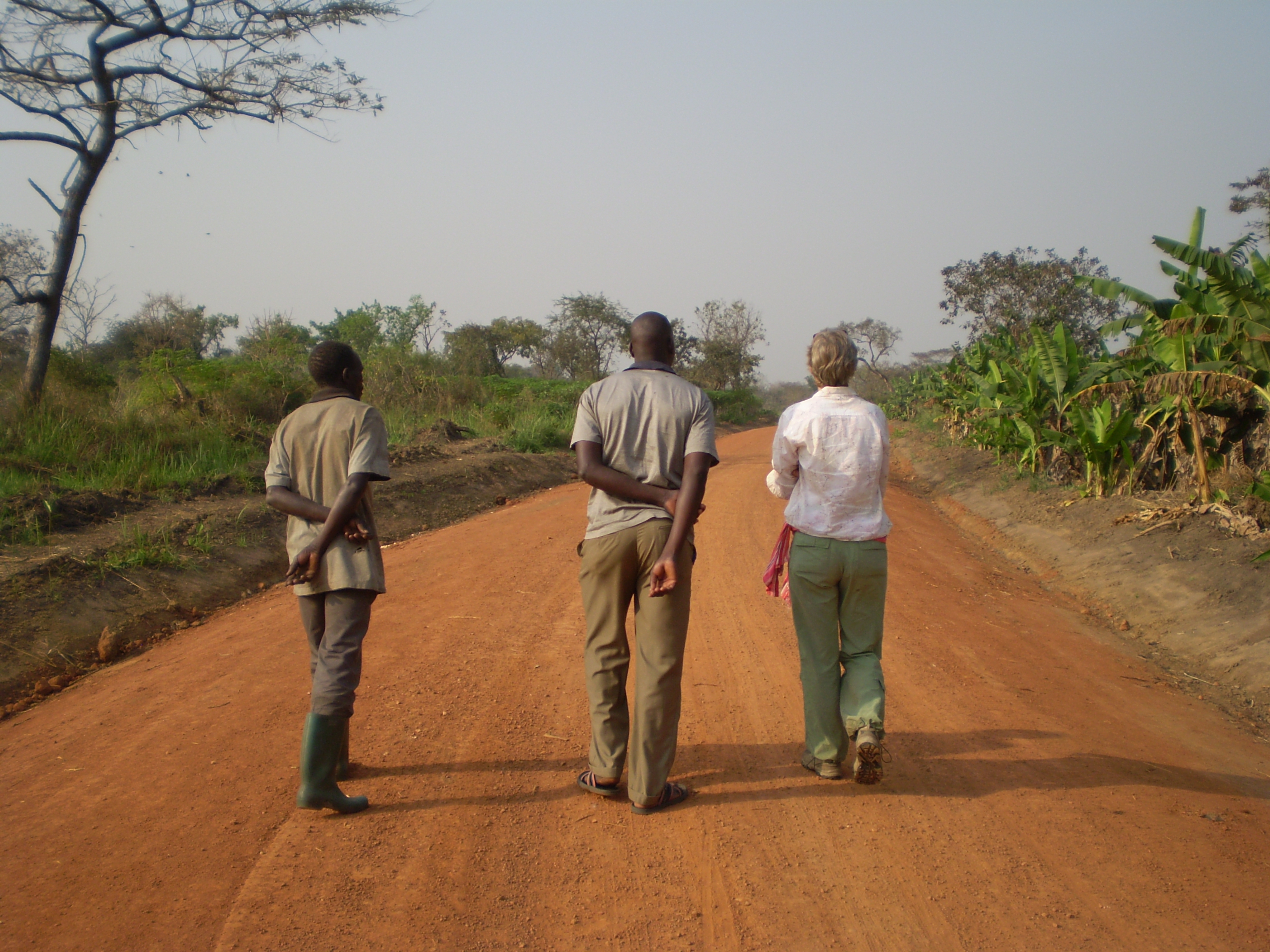
Let us not be satisfied with just giving money. Money is not enough… they need your hearts to love them. Mother Teresa
When we are young, we are unaware of the economics of our households and we meet everyone at face value. Then, as we grow, we work out where we are positioned in the ‘poor’, ‘middle’ or ‘rich’ bracket of society and we feel stigma or pride accordingly. In our teens, we may embark upon a paper round, strawberry picking or a Saturday job and we experience that labour relates to the hours we work or the fruit we pick. Sometimes there are perks and we may take home a punnet of strawberries or discounted goods but mostly this exchange of labour sits within the ‘fair’ framework of hours worked and wages paid.
What surprises us, when we get older, is that these perks change considerably in certain fields of work. Big city bonuses and footballers’ salaries have been subject to intense media debate in recent years as our Western economies stagger on the brink of overload. It is clear that this scale of difference depends less on merit and skill than on whether the activity happens to bring in a lot of money. Thus some of those who work in these areas receive vastly higher incomes than those who work where care is given.
If we try to understand these injustices with our minds we will fail, for money is not controlled by our rational minds, its roots are deep within our hearts. It promises us security, independence, status, and we learn to cling to these assurances. Compassion requires us to disengage ourselves from this allegiance in order to reach those who need help.
The Nobel Peace Prize-winning Grameen Bank is a good example of this in action. Muhammad Yunus, moved by compassion in response to a severe famine in the rural areas of his native Bangladesh, developed a system of banking that defied economic theories. As a Professor of Economics, Yunus was well versed in those theories but he was led by his heart not his head. This is not to say that these heartfelt responses will not, in time, make good economic sense; Yunus’ Grameen Bank has been an inspiration in that respect. However, when a crisis has been caused by the unjust financial structures of our world, is it wise to try to use those same structures to fix it?
In a system driven by compassion, finances should flow like blood around the body. When there is damage in the body, the blood rushes to the affected area. When it reaches the wound, it floods the area with cells to start the healing whilst the rest of the body’s blood stream provides back up, making extra cells to meet the need. The blood-count multiplies miraculously and does not stop to count the cost. It does not draw from a stock pile of reserves or make a contingency plan for the next emergency, seeking a part of the body where it can store extra cells. We should be aware, therefore, that if we are inactive in our response to the needs of our world, it is because we have lost this life-blood of humanity.
The humanitarian sector’s purpose is to redirect money to where it is needed most for the healing of humanity to happen. Their aim is to carry a generous flow of life-giving blood to the damaged parts of our world. This generous flow will not be exclusively financial and will also consist of a healthy movement of people and resources. A recent evaluative report on the NGO world stated:
‘The quality of the work an NGO does – and the amount of its funding – are often inversely related. That is to say, the NGOs with less money do better work per hour and dollar spent.’
Let us seek, therefore, to be those who do more with less and let us harness the power of blood to serve the compassion of the heart.
